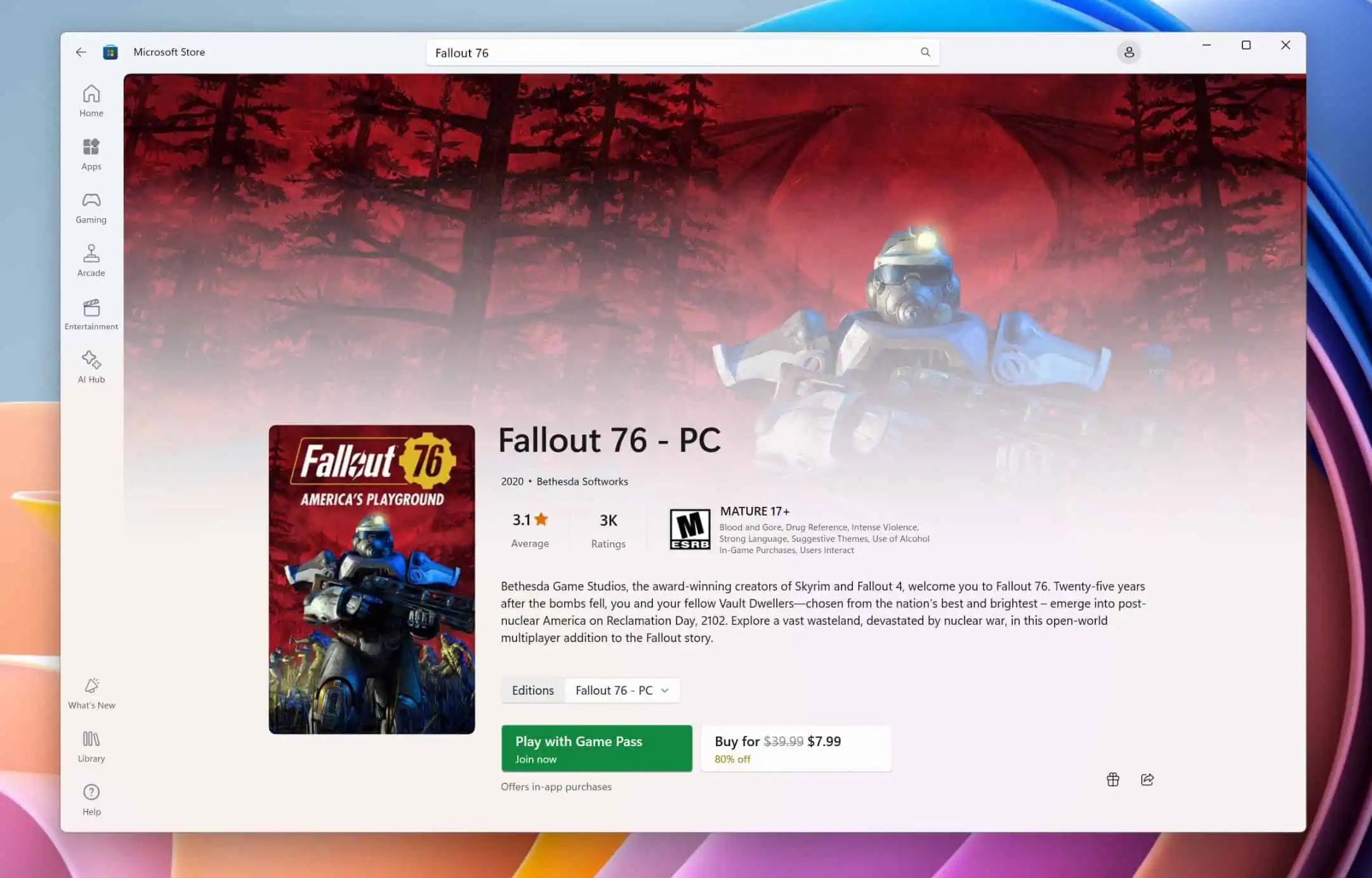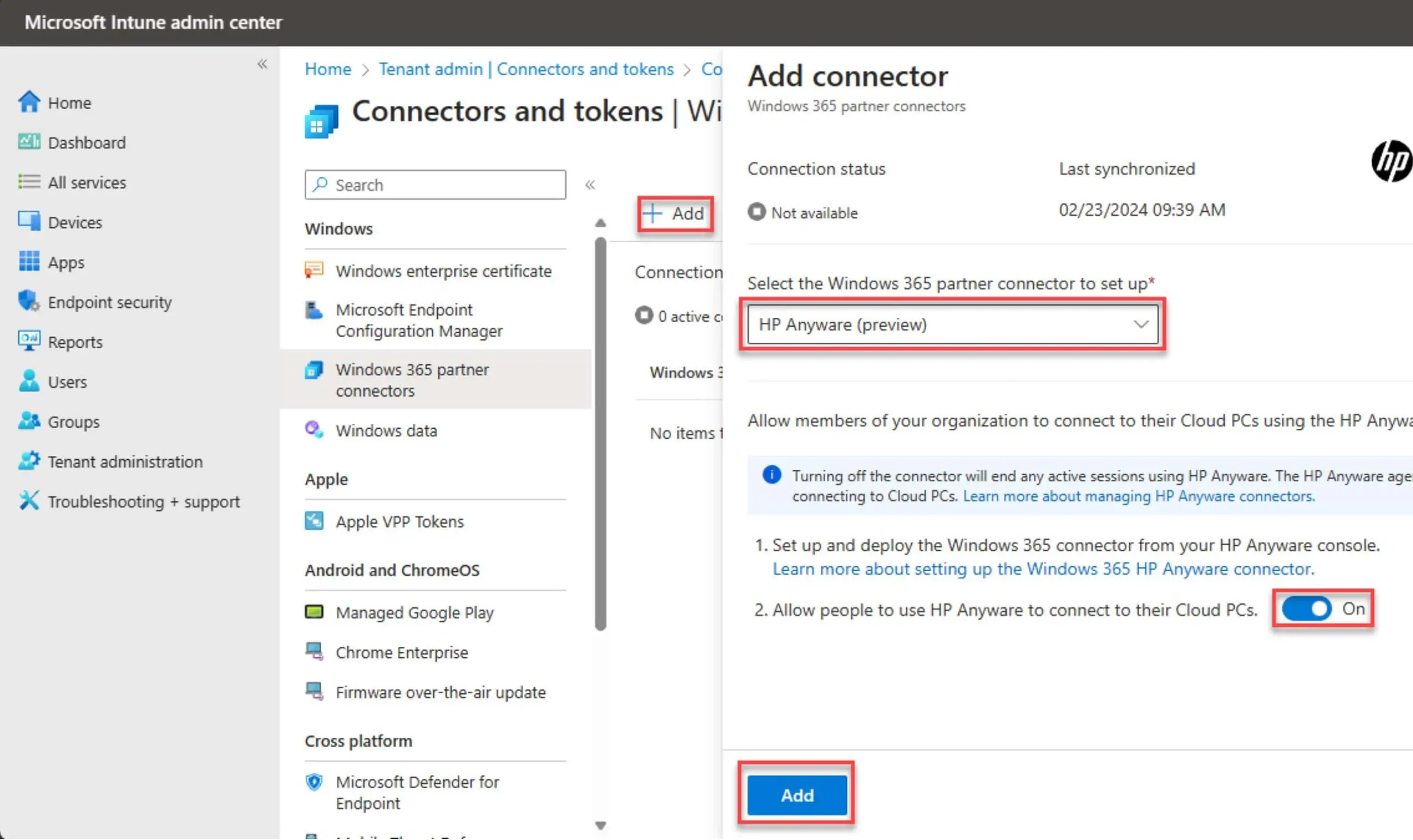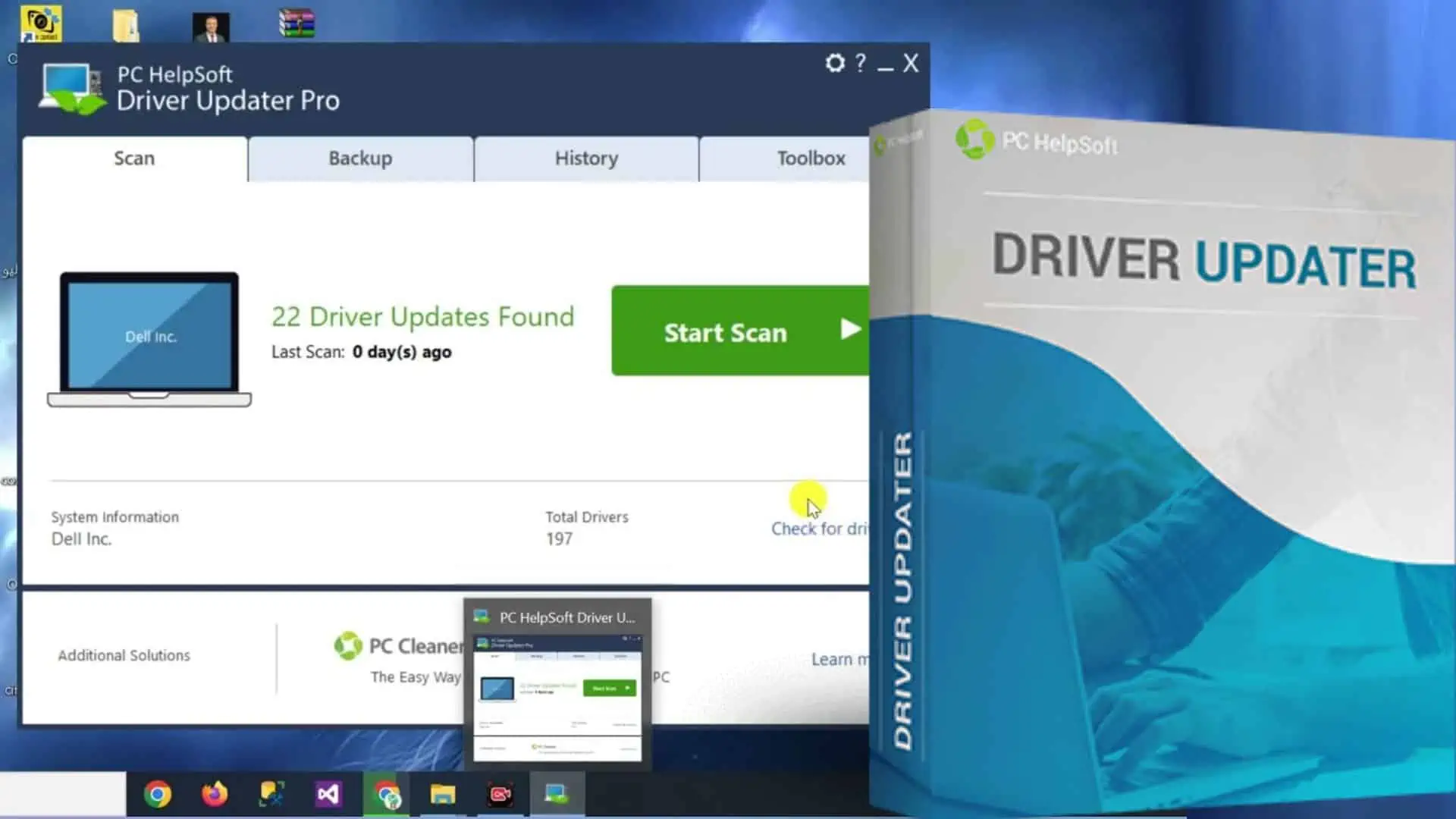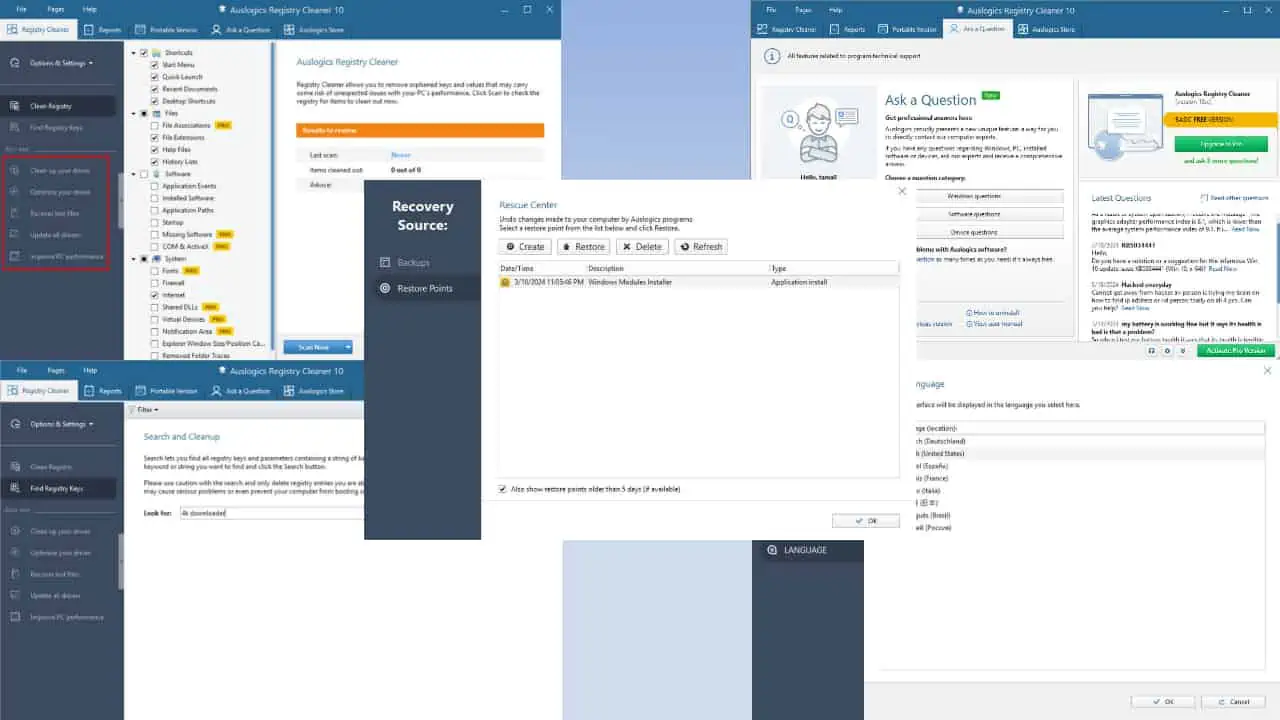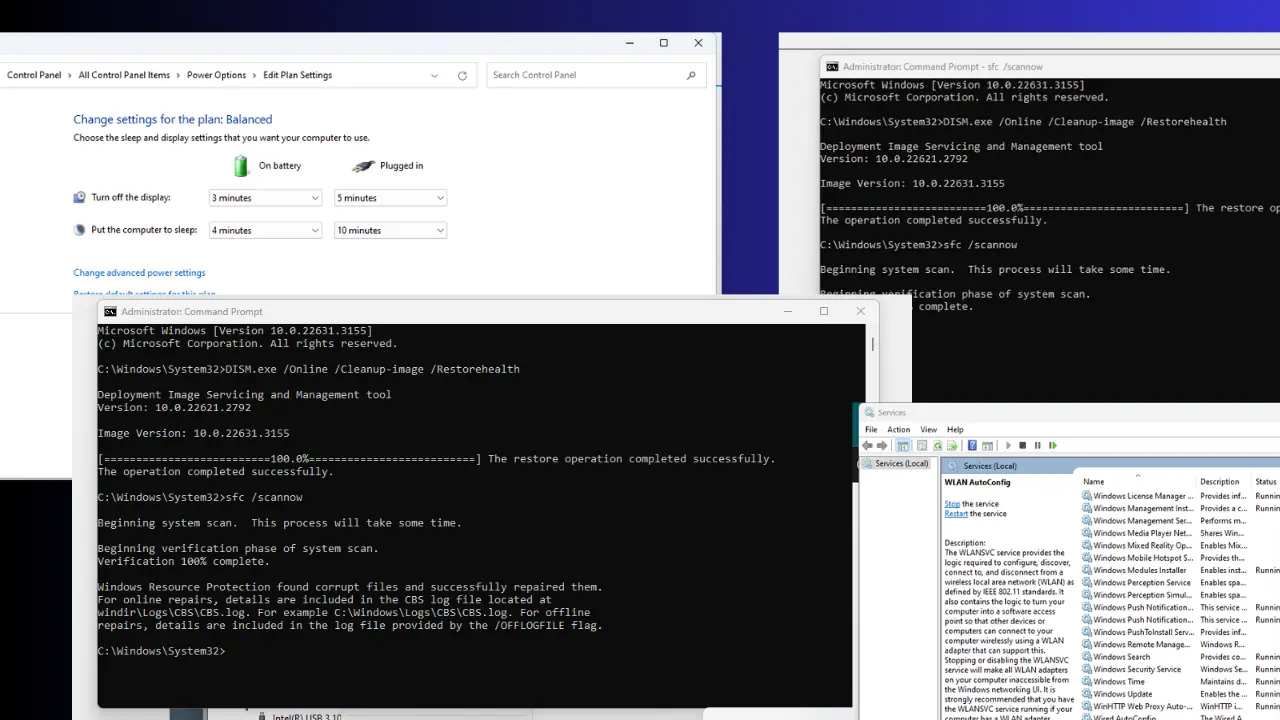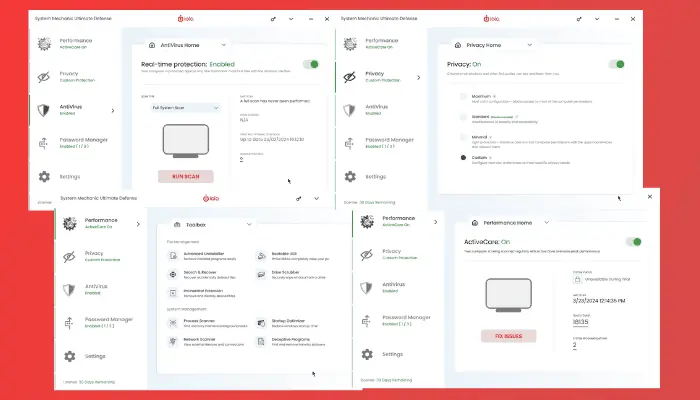Microsoft flirts with new anti-trust challenge with new Start Menu-based Edge ads
2 min. read
Published on
Read our disclosure page to find out how can you help MSPoweruser sustain the editorial team Read more
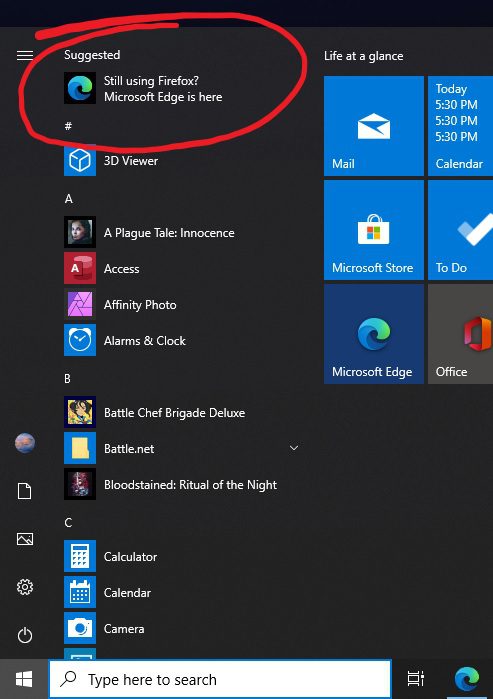
Microsoft originally implemented the “Suggested” section on the Windows 10 Start Menu as a way to advertise its official apps; but in the latest listing, Microsoft has gone beyond self-promotion.
Microsoft’s recent extensive advertising is becoming hard to ignore, which has prompted many users to disable the ads. Those who haven’t done so may have noticed the most recent one takes a dig at a competitor browser.
The listing displays “Still using Firefox? Microsoft Edge is here”, to all users of the former- even with the latter already installed. The ad provides a link to download the chromium-based browser.
Undoubtedly, the suggestions won’t end here. Microsoft is reportedly planning to sprawl similar ads out to Wordpad, to encourage users to download official Office apps.
Fortunately, there’s an easy way to disable these ads. You can either right-click the ad and select “Turn off all suggestions” option in the context menu; or you can also open Settings and navigate to Personalization > Start, and disable the following option: Occasionally show suggestions in Start.
It would be hard not to argue that Microsoft is using its privileged position as the OS vendor to promote their browser in a way that is anti-competitive towards 3rd party developers, the exact reason the company was nearly broken up for in the early 2000s. While much has changed since then, and desktop operating systems are now much less important, there is also a renewed enthusiasm to go after tech companies for anti-competitive practices, an issue that Microsoft has been fortunate to mostly avoid till now.
These targeted Start Menu ads may, however, be exactly the thing which provokes prosecutors to go after Microsoft again, and we have to wonder what the company is thinking.
Source: Windowslatest

